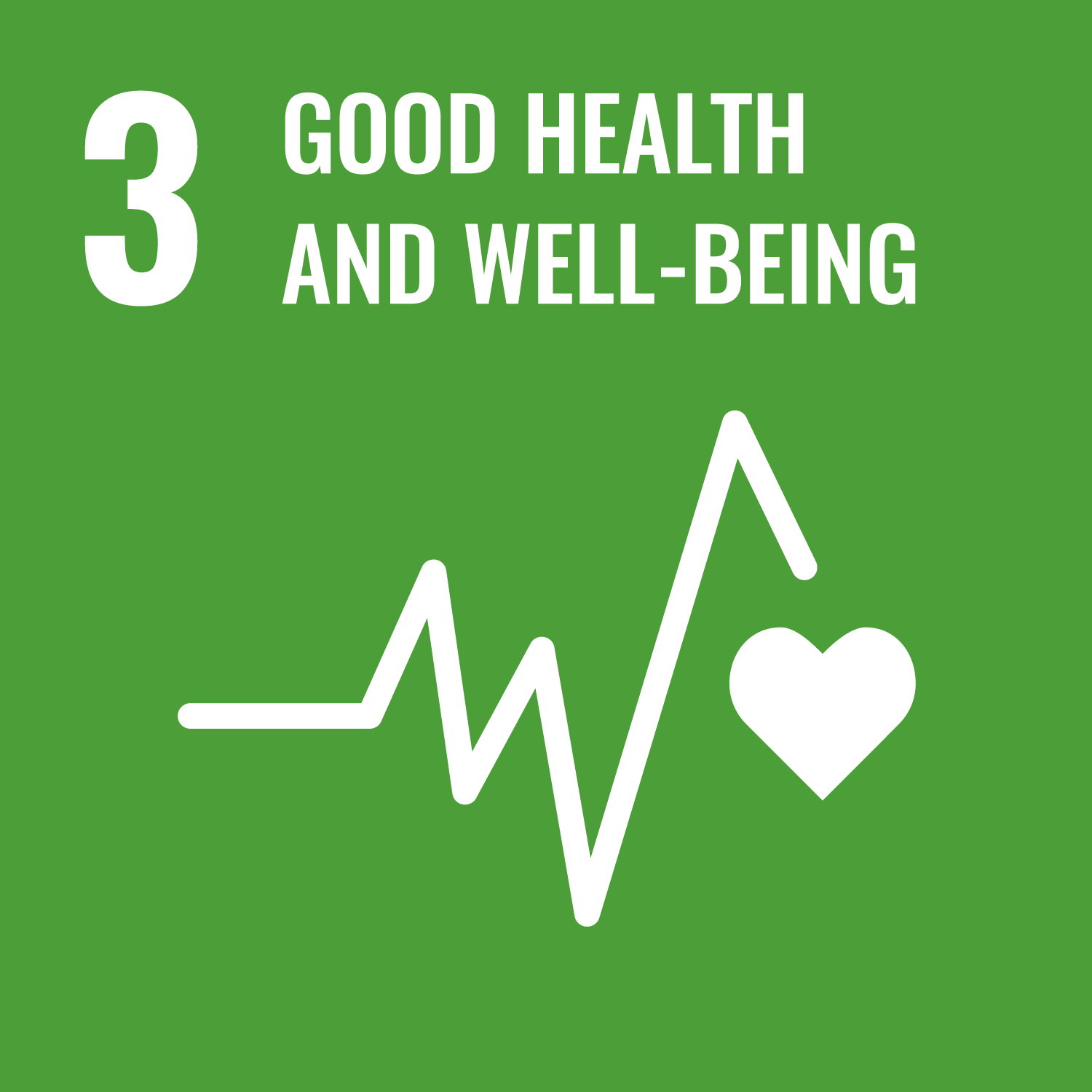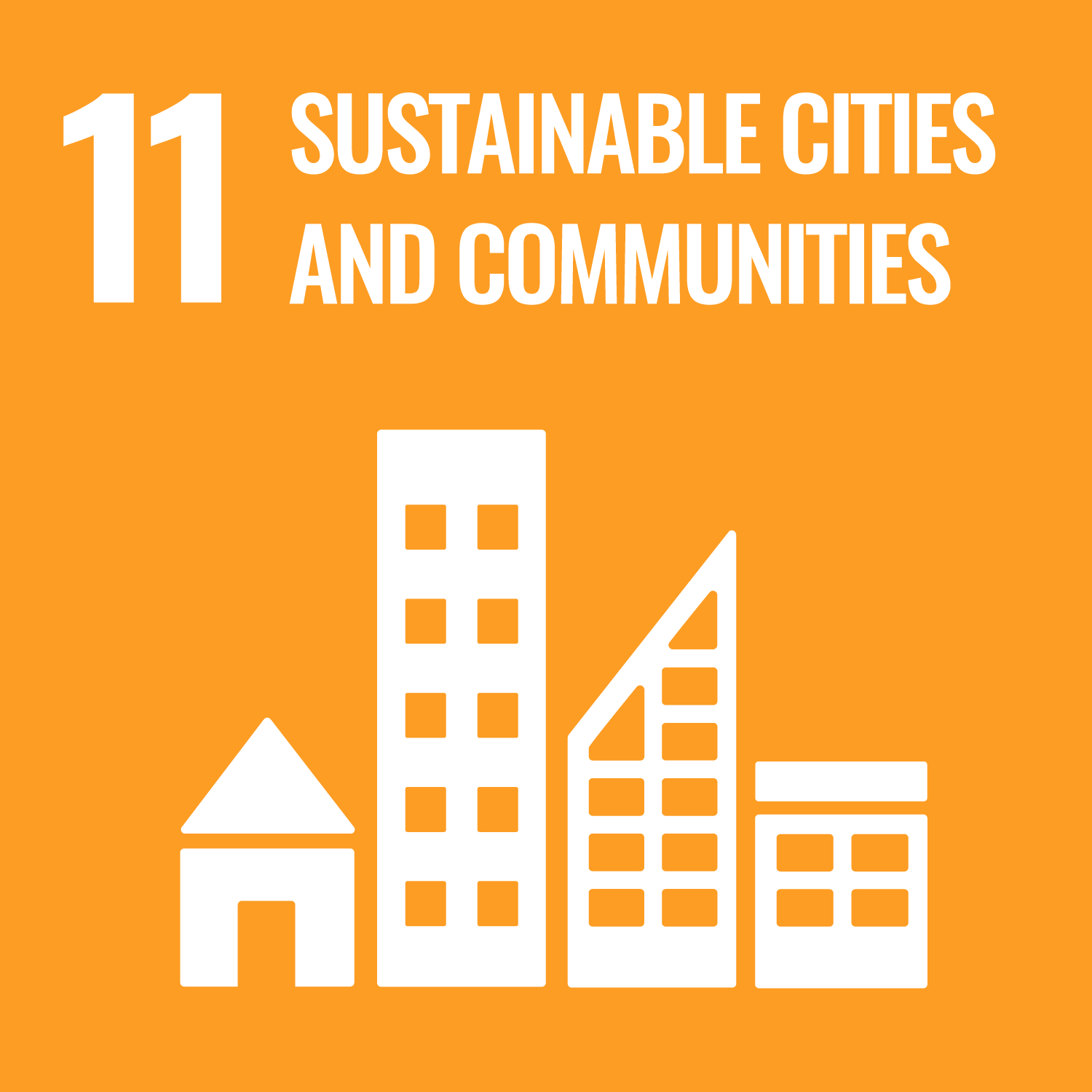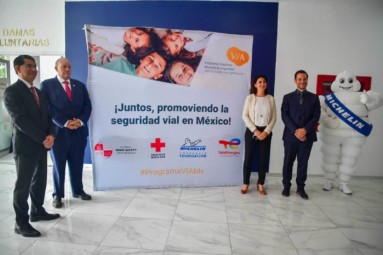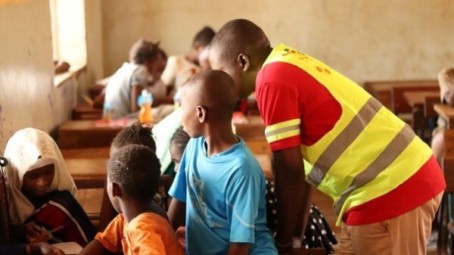GRSP Asia Seminar rallies around Decade of Action for road safety
Almost one year into the global Decade of Action for Road Safety, Asian countries are already taking significant steps toward their goals of reducing road-crash related deaths and injuries. But much more needs to be done if countries are to meet the ambitious goals set as part of the Decade of Action — particularly as the number of people driving cars and motorcycles in the region continues to rise dramatically each year.
These are just some of the conclusions being reached by the 230-plus road safety practitioners from government, business and civil society groups who have gathered in Bangkok, Thailand for the fifth annual GRSP Asia Road Safety Seminar this week.
Kicked off today under the theme “Decade of Action: Time to Act,” the seminar is an opportunity for road safety practitioners and stakeholders from many walks of life — police, transport engineers, surgeons and health officials, government and business leaders — to share ideas about how to tackle the region’s road-crash crisis.
 In countries such as Thailand, comprehensive approaches to road safety are causing road-crash rates to going down. Still, the number of people losing their lives, or livelihoods, due to road crashes is far too high.
In countries such as Thailand, comprehensive approaches to road safety are causing road-crash rates to going down. Still, the number of people losing their lives, or livelihoods, due to road crashes is far too high.
“Last year, more than 10,000 people were killed in road-traffic accidents in Thailand,” said Pranai Suvannarat, Permanent Secretary of Thailand’s Ministry of Interior, who addressed the gathering as keynote speaker.
“In economic terms, that’s more than 5 billion US$ that has been lost last year, accounting for 2 per cent of the country’s gross domestic product,” he continued. “When you compare that to the rest of the countries in our region, we sit among the countries with the highest toll.”
Another keynote speaker, Dr. Udomsil Srisangnam, senior advisor to the Thai Health Promotion Foundation, added that the effects go beyond the number of people killed. “These figures do not include the 5,000 people who become newly disabled persons,” he told the gathering. “Road crashes also affect the families of victims, who must bear the burden of the financial and emotional costs due to crash and injury.”
But these two keynote speakers, along with others who presented, noted that Thailand and other countries in the region have made significant progress in recent years in recognizing the seriousness of the problem, developing better systems for collecting road safety data, and responding to that data with targeted, multi-sector approaches that have been shown to save lives and reduce road-crash injuries.
The Thai Health Promotion Foundation, or ThaiHealth, was established in 2001 to act as a catalyst in promoting health activities, including road safety, nation-wide. ThaiHealth’s Road Safety and Disaster Management Workplan is currently one of 13 major plans for health improvement in Thailand, which also serves to coordinate a wide variety of road safety activities in the country.
In Viet Nam, meanwhile, helmet use by motorcyclists has risen dramatically due to concerted, long-term efforts to improve legislation, enhance enforcement, raise awareness and increase availability to good-quality helmets. This has led to significant decreases in fatalities in deaths and serious injuries in recent years, according to national statistics.
Similarly, other countries in the region have increased helmet-wearing rates substantially through multi-sector partnership efforts — usually led by governments and assisted by international NGOs and businesses, according to experts attending the seminar.
The idea behind the seminar is to share successful models, provide capacity building opportunities to participants on good practice, showcase research and effective road-safety programs and stimulate support for and action in the United Nations Decade of Action for Road Safety. The seminar is also a chance to develop networks for further knowledge sharing and to inform representatives on global, regional and country developments in road safety.
For example, participants at the seminar learned about improvements made in terms of awareness and enforcement against over speeding, drinking and driving, seatbelt wearing and respect for pedestrians. Still, there is much more to do. While helmet wearing is improving among motorcycle drivers in some countries of the region, helmet use still needs to be increased among passengers, particularly children.
The main seminar program will be on 7-8 March, followed by an International Road Assessment Program (iRAP) Workshop on 9 March. This year’s seminar will be run in partnership with the Thailand Health Promotion Foundation (ThaiHealth). The seminar is organised with funding from the Global Road Safety Initiative (GRSI) programme and its partners (Michelin, Renault, Shell, Total and Toyota), iRAP, ThaiHealth and 3M Traffic Safety Systems (seminar dinner sponsor).
For more information please contact Ian Hughes at ian.hughes@ifrc.org






